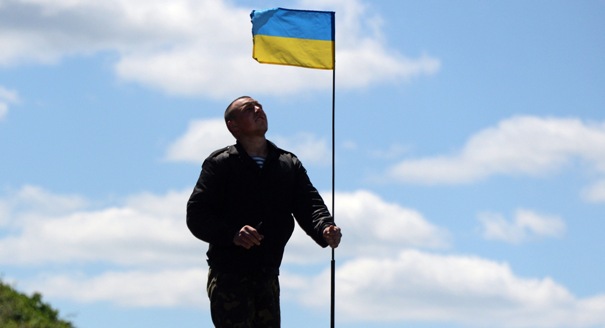Ten days ago, it was the murderous fire in Odessa. Last Friday, the shooting in Mariupol. Both the actions and the inactions of the interim authorities in Kiev helped to split Ukraine, in the name of saving it. The notion that the prime source of Ukraine’s current troubles lies in the Kremlin and that the Ukrainian military and security forces are facing terrorists in the east is self-delusion. Developments in Ukraine follow their own dynamic, and its pace is quickening. The presidential elections set for May 25 will not bring a magic solution. A point may soon be reached when an internally federalized and internationally neutralized Ukraine—Moscow’s mantra—will not be possible.
One can dismiss the regional referenda as illegal, although it is a weak argument in Ukraine’s post-revolutionary context. One can dismiss the real internal divisions in Ukraine only at one’s own peril. Russia certainly pursues its interests in Ukraine, as does the United States, but the actual forces engaged there are the locals. The victorious Maidan has nudged Ukraine off its post-Soviet immobility, but it has proven both unwilling and powerless to bridge or stitch together the fault lines which have emerged. Ukraine will not die, but it can multiply.





